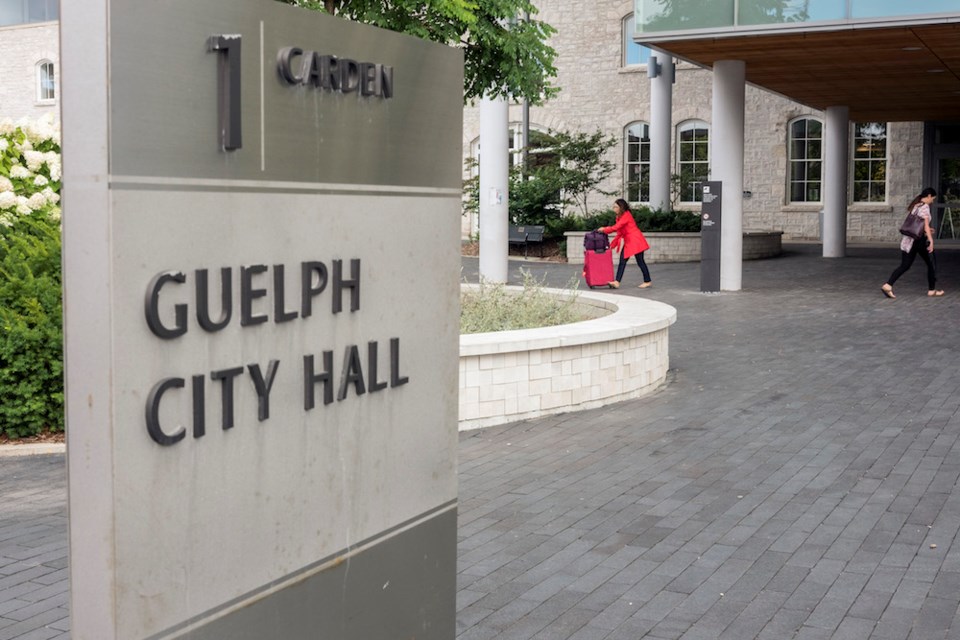City officials talk a good game, but their actions fall far short of their words when it comes to combating climate change and accommodating growth.
That’s the assessment of planning expert Brent Toderian who’s spent the past several days discussing a variety of issues with city staff, reviewing local initiatives and assessing the city’s stated environmental goals.
“I’ve got some tough and blunt truths to share,” Toderian said during an interview with GuelphToday, conducted ahead of a planned virtual Thursday evening event where he was to discuss his findings and recommendations. “Guelph is a pretty green city, but it’s not as green as it thinks it is.”
Toderian is “impressed” by the city’s aspirations – namely the council-approved goal of achieving net-zero greenhouse gas emission targets for municipal operations by the “2040s or sooner, or by mid-century at the latest” and the stated goal of having a carbon-neutral community by 2050 – but said its not achievable under current plans.
Officials and residents haven’t “embraced the real urgency of the situation,” he added.
“Just being good isn’t good enough. … There’s no time to be patient with these types of things.”
Along the way to net-zero status, city council approved a motion in December setting an interim target of a 63 per cent reduction in GHGs by 2030 (from 2018 levels). If that’s to be met, steps must be taken sooner rather than later.
Toderian called on the city to speed up its plans for bus-only and protected bike lanes, from 10 years to three or five years, to help get people out of personal motorized vehicles; abandon the “small town thinking” around higher density development with approval of taller buildings, along with more infill low-rise buildings and stacked townhouses; more mixed-use development with walkable amenities in place of large commercial parking lots; and encouragement of corner stores so people can easily access things they need without driving to get them.
“You have reasonable targets but the time frame is too slow,” he said. “I think you need to urbanize parts of your city … better and faster.
“You need to get past your fear of heights. … Height can be part of the solution.”
In particular, he said buildings in around the downtown area should be allowed to go taller, with fewer parking spaces, as they are walkable to amenities in the core.
“There’s a good chance you have more than you need,” Toderian said of downtown parking.
“Downtowns are weakened as we try to solve the wrong parking problem,” he said, adding the problem isn’t a lack of parking but rather the dependence upon it.
Toderian urges city officials to “take a very good look” at the municipal budget and bring projects forward as much as possible.
“These actions are going to save money (in the long run),” he said, referring to the impacts climate change has on municipal infrastructure and more.
“None of these are Brent’s vision of what Guelph should be,” Toderian concluded in his comments to GuelphToday, noting he recommendations are aimed at helping the city achieve its own stated goals.
“It’s easy to craft a vision. … What’s harder is making all the tough choices that will make that vision a reality.”
